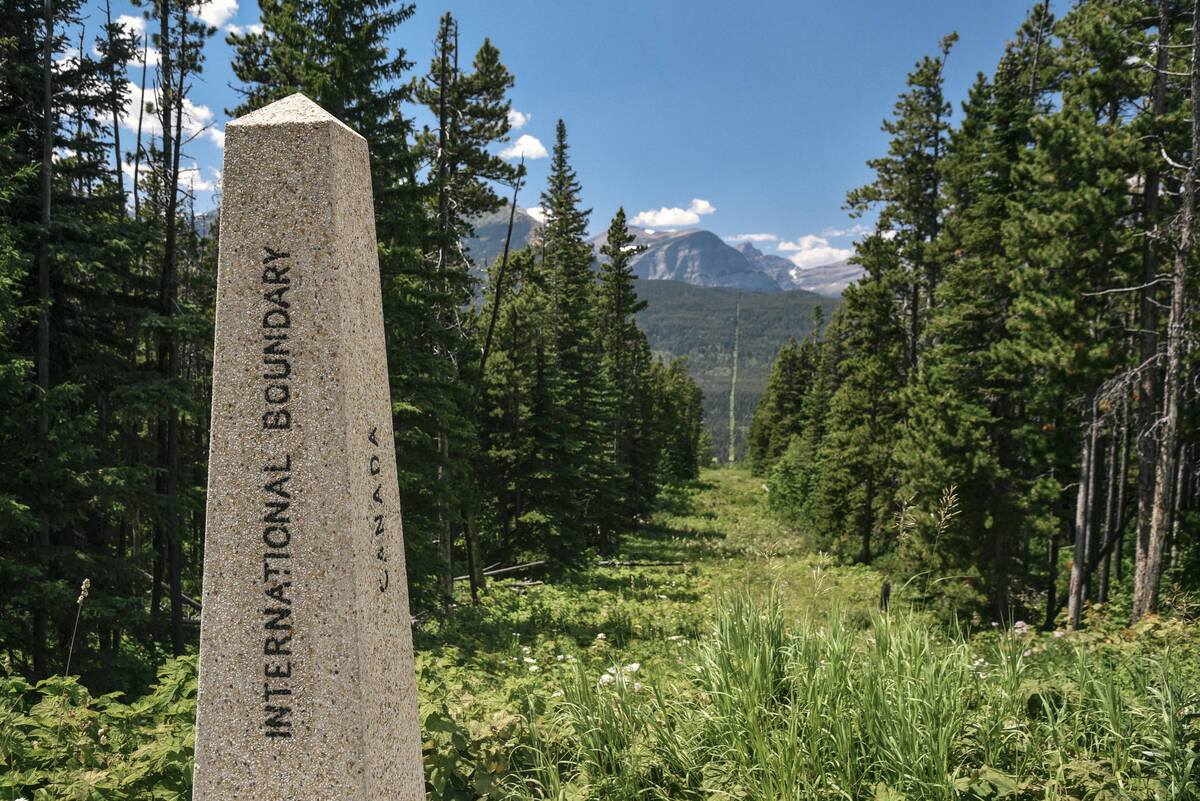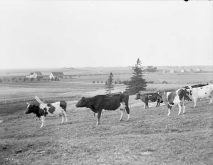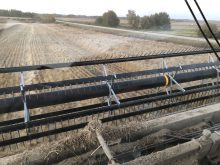If the goal of changes to Manitoba’s Crown land rules was to get more young producers into the cattle business, it’s been an unequivocal failure.
And that was one of the major justifications offered for the 2019 changes that shortened leases, did away with unit transfers, raised rents and added an auction component to win the lease itself.
The argument, as presented by the government and its successive agriculture ministers, was that leases were too long. Newcomers never had the opportunity to vie for most leases, since they were locked into 50-year terms. Young producers were able to compete only for the few leases that did come available, but at least they were afforded some advantage under the previous ‘points’ system.
Read Also

Trade uncertainty is back on the Canadian national menu
Even if CUSMA-compliant goods remain exempt from Trump’s new tariffs for now, trade risk for farmers has not disappeared, Sylvain Charlebois warns.
Now that the leases are thrown onto the open market upon expiry, young producers can bid on them just like anyone else. The problem is that those with deeper pockets outbid them at every turn, it would seem.
The province recently held its first online auction. The biggest winners were large established operations, some with few ties to Manitoba, and many of them corporate in structure.
These enterprises have done nothing wrong. They’ve competed for the available leases under the rules of the day and won them fair and square.
What’s in question are the policies of the provincial government and whether the rules are working as intended and delivering the desired outcome.
The cynic in me suspects they’re working exactly as intended, and that the issue of younger producers’ access was always a bit of political bafflegab. It was intended to provide the government with a palatable justification for its actions, with the hope that memories would be short enough to make the whole thing a non-issue by the time the next election rolled around.
In fact, the government has now conceded to reporter Alexis Stockford, for our cover story in the Mar. 9 issue of the Co-operator, that this outcome is to be expected.
To partially quote the response emailed from the province to Stockford: “Both in buying land and in renting pasture, farms that are more financially secure have an advantage. In general, profitability in agriculture requires good business sense, as well as the economies of scale.”
It’s a bit of a Captain Obvious statement and makes one wonder why the province didn’t grasp the basic economics before it tore the Crown land system apart and tried to rebuild it.
It must be frustrating for members of the Manitoba Crown Land Leaseholders Association, since they’ve been telling the province from the start that this would happen, but those concerns were apparently ignored.
Opposition parties have taken notice of the situation and the discontent it has created. Diljeet Brar, NDP agriculture critic, recently penned a letter to Scott Johnson, provincial agriculture minister, noting he’s heard complaints about the auction format, whether the selection of an auctioneer was tendered, and why provincial representatives don’t seem to have access to the results.
This is shaping up to be a key point in the looming provincial election, at least in constituencies where Crown lands are a large proportion of the available agricultural land. Larger producers might have more economic clout during auctions, but when it comes to the ballot box, the small producers have the same vote, and there are more of them.
For the current government, that should be cause for concern, if it wants to remain in power. Take the current agriculture minister’s own riding of Interlake-Gimli. He won it by a considerable margin in the 2019 election, after it was formed in 2018 from portions of the Interlake, Gimli, Lakeside and Swan River constituencies.
The Lakeside riding was the only one that didn’t spend at least part of the Doer-government era in the NDP column. And one must wonder if that riding, now held by former provincial agriculture minister Ralph Eichler, might not be quite so solidly blue.
Progressive Conservative strategists would likely say rural voters generally swing more right than left, and that just a few votes won’t make a difference. But the truth is that when the NDP does eke out wins in rural Manitoba, it tends to depend on just a handful of votes.
Tom Nevakshonoff, for example, won the Interlake riding in 1999 by just 549 votes — and then held it for three terms.
Manitoba elections are typically won or lost in the urban trenches but issues like this one could change that story. Rural Manitoba might be worth watching when the writs are dropped later this year.
















